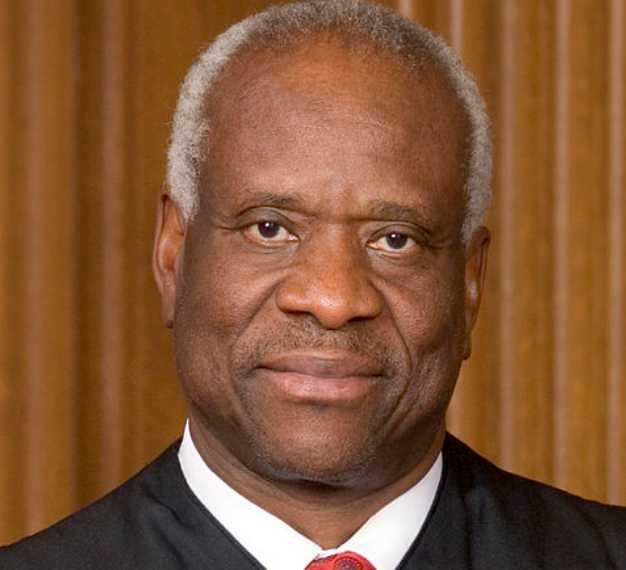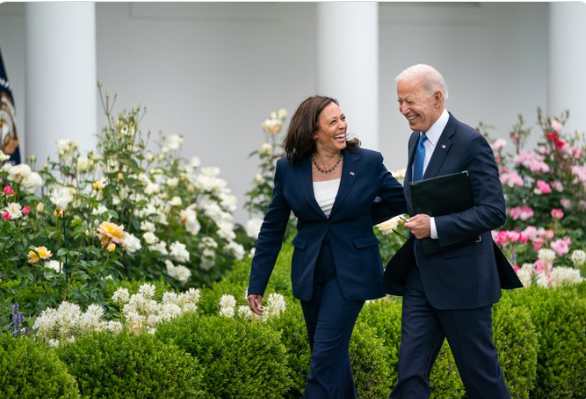Alaska's sole Representative to Washington, who has already announced his plans to run in the 2014 election to retain his seat of 40 years, is again the subject of an investigation for alleged violation of the Official Code of Conduct.
79-year-old Young has been the sole Representative to the U.S. House from the state of Alaska since 1973.
The announcement made today, pointed out that the Committee on Ethics voted unanimously to establish an investigative subcommittee to look at allegations that Young, or persons acting on his behalf, “improperly obtained, received, or accepted gifts, improperly used official resources or campaign funds for personal purposes, failed to report certain gifts on his annual Financial Disclosure Statements, and made false statements to federal officials.”
|
|
The House Ethics Committee said the committee had gathered evidence in the probe in the 111th and 112th Congresses, as well as “a referral from the Department of Justice” involving “Young’s expenses and travel costs for certain trips” that the committee said were part of its “ongoing review.
Representative Pat Meethan, R-Penn., will lead the investigative subcommittee, and Representative Michael Capuano, R-Mass., will serve as ranking member in the probe looking at Young. The other two members of the subcommittee will be Representative William Thornberry and Representative William Keating.
Mike Anderson, Young’s spokesman, said, “Congressman Young has cooperated with the committee and will continue to do so.” Young had no comment, according to Anderson.
Young has been the target of allegations for years as to wrongdoings concerning his connections with Bill Allen, the top man at Veco, the energy company that had ties with Alaska’s Senator Ted Stevens. Allen pleaded guilty to bribery of state officials and also implicated Stevens in the same investigation.
But, that investigation ended in 2010. A memo was released by the FBI that same year that stated, “It was determined that there was not evidence beyond a reasonable doubt to ultimately convict Congressman Young.”
In a previous investigation by the FBI, that was demanded by Congress, Young was investigated when it was found that a bill had been changed, adding a procurement for $10,000,000 earmark after a vote and passage by both Houses of Congress. That change benefitted one of Young’s contributors in Florida who wanted an interchange built in that state. It became known as the “Coconut Road” earmark in Congressional circles. Prior to the opening of that investigation in 2008, earlier corruption investigations were opened in Florida and by the FBI that concerned “systematic abuse” of his position of trust.
If found guilty of violations of rules of Congress, Young may recieve a letter of reprimand, as well as censure or reprimand by the house as well as a fine. The committee’s findings may also be sent to the FEC as well as the Department of Justice for criminal prosecution.






